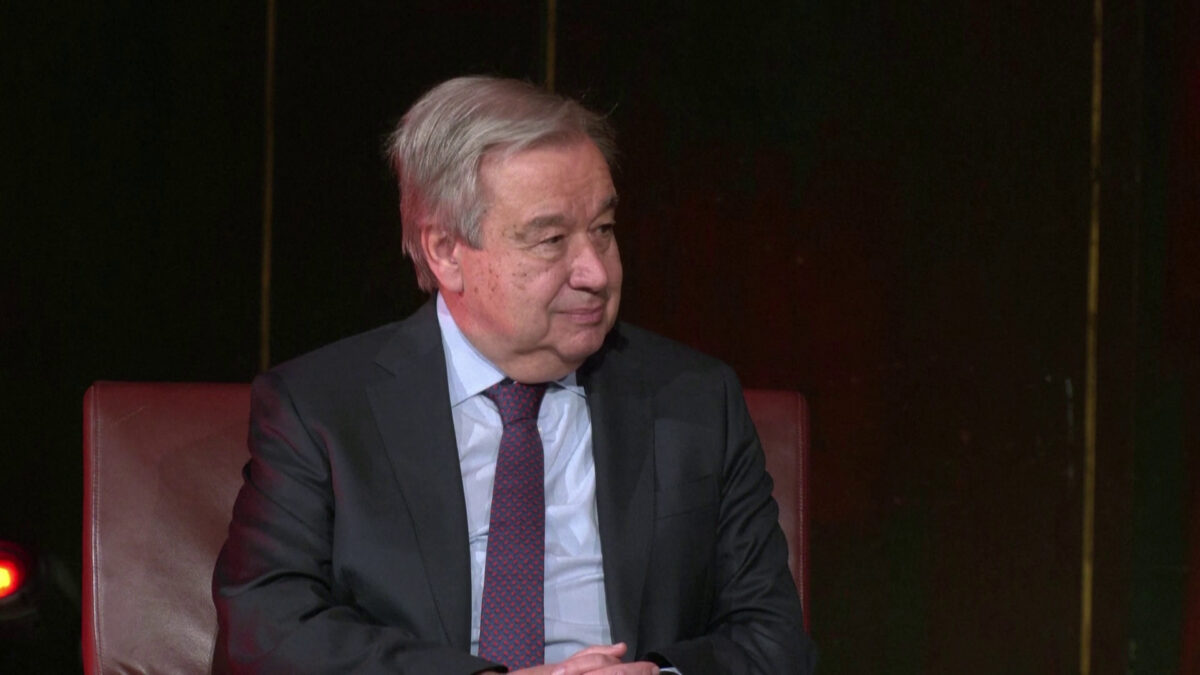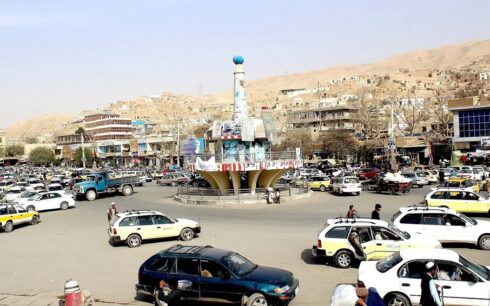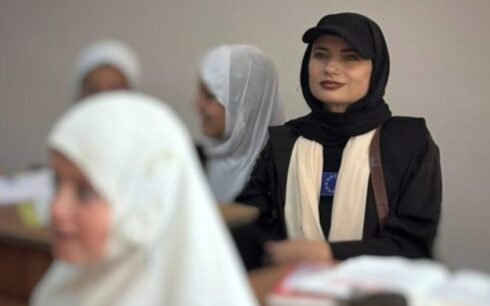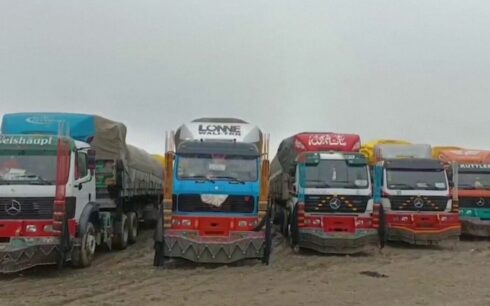UN Secretary-General Antonio Guterres will convene envoys on Afghanistan from various countries next month to try to find a unified approach to dealing with the Taliban authorities, the United Nations said on Wednesday.
“Let me give you a bit on that. There will indeed be a meeting in Doha on May 1st and 2nd, which the Secretary-General will host, with special envoys on Afghanistan from various countries. The purpose of this kind of small group meeting is for us to reinvigorate the international engagement around the common objectives for a durable way forward on the situation in Afghanistan,” UN spokesman Stephane Dujarric told reporters.
The meeting will be held at a time as the Taliban has started enforcing a ban on women working for the United Nations in Afghanistan.
“As the Secretary-General has said and continues to believe that it’s an urgent priority to advance an approach based on pragmatism and principles combined with strategic patience, and to identify parameters for creative, flexible, principled and constructive engagement. It is his aim that the discussions, which will be held behind closed doors, can contribute to a more unified consensus regarding the challenges ahead,” he said.
Dujarric also sought to explain comments made by UN Deputy Secretary-General Amina Mohammed about the planned Doha meeting.
He said that the issue of recognition was “clearly in the hands of the member states” and that Mohammed was reaffirming the need for an internationally coordinated approach.
“She was not in any way implying that anyone else but member states have the authority for recognition,” Dujarric said.
The United Nations Deputy Chief, Amina Mohammed, in a conversation with Princeton University, proposed a discussion be held on recognizing the Taliban in an upcoming meeting of special envoys for Afghanistan and UN officials in Doha in the coming two weeks.
Mohammed meanwhile said: “We have amazing envoys that work on Afghanistan and we have Afghan women too, and what we are hoping is that we will gather them now in another two weeks in the region and they will have that first meeting of envoys across the board, the region and internationally with the secretary general for the first time.”
“And out of that, we hope that we would find those baby steps to put us back on the pathway to recognition. Is it possible? I don’t know,” she said.
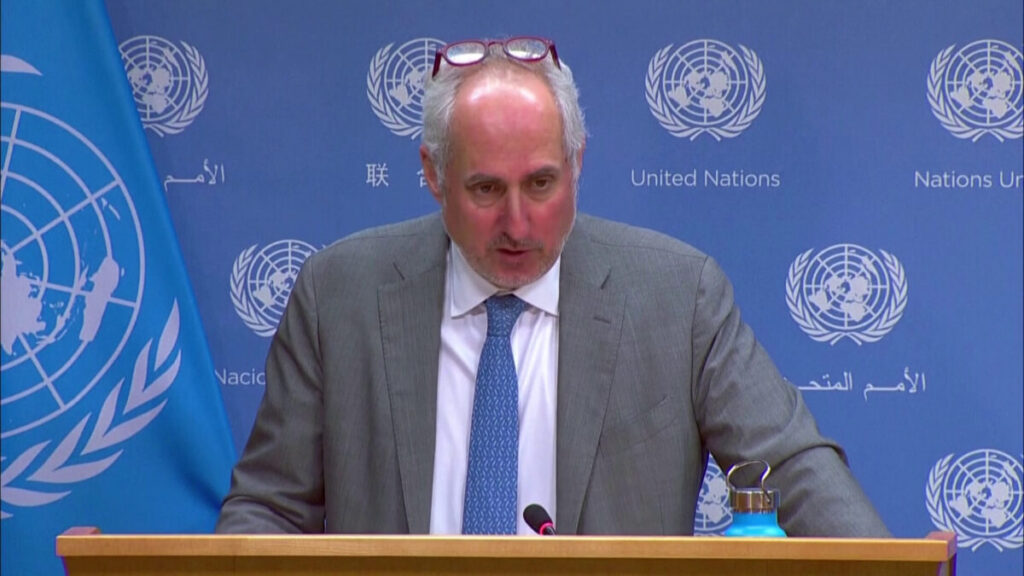
She elaborated that it will be “a principle recognition” and “in other words, there are conditions.”
She added that they will see what would happen.
On Tuesday, Former US special envoy Zalmay Khalilzad in a tweet said the UN chief Antonio Guterres will host a meeting in Doha of special envoys for Afghanistan from around the world on May 1.
Khalilzad said he recommends four measures for the event: Full implementation of the Doha Agreement should be embraced as the common goal; a roadmap for implementation, considering the current conditions in Afghanistan, is needed; to develop the road map, the Secretary-General and the Envoys should have a session with the Taliban during their deliberations; and as a follow-up to the meeting, the Secretary-General should appoint a personal envoy to work with Afghans and the relevant internationals in developing and implementing the roadmap.
This comes as the head of the UN Development Program said as quoted by the Associated Press on Tuesday that the United Nations is ready to take the “heartbreaking” decision to pull out of Afghanistan in May if it can’t persuade the Taliban to let local women work for the organization.
UN officials are negotiating with the Afghan government in the hope that it will make exceptions to an edict this month barring local women from working for the organization, UNDP Administrator Achim Steiner said.
“It is fair to say that where we are right now is the entire United Nations system having to take a step back and reevaluating its ability to operate there,” Steiner said. “But it’s not about negotiating fundamental principles, human rights.”
Steiner said the Taliban have allowed Afghan women to engage in some work, adding that a UN report released Tuesday shows that the country desperately needs more women working, with its economy flailing.
“I think there is no other way of putting it than heartbreaking,” Steiner said. “I mean, if I were to imagine the U.N. family not being in Afghanistan today, I have before me these images of millions of young girls, young boys, fathers, mothers, who essentially will not have enough to eat.”
A source of faint optimism is the Taliban’s allowing women to work in specific circumstances in health, education and some small businesses.

